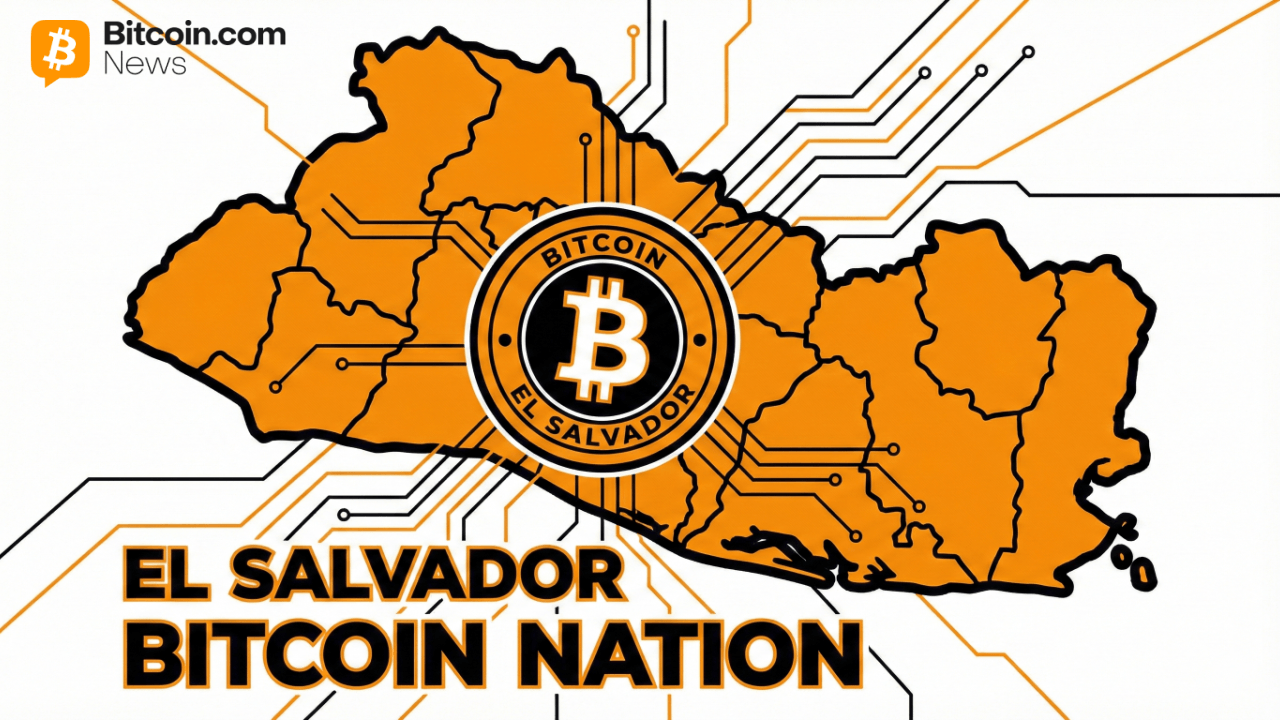When it comes to personal finance, some choices look responsible at first glance but are actually damaging over time. We all want to feel like we’re making smart money moves, whether that means saving on interest, buying something “on sale,” or finding shortcuts to grow wealth. But not all decisions that feel good in the moment are good for your future.
In fact, some of the most common financial strategies—ones praised by friends, family, or even outdated advice—can quietly set you back years. The truth is, small missteps now can compound into huge financial consequences later.
Here are nine money moves that might seem like smart decisions but can seriously harm your long-term financial well-being.
1. Only Paying the Minimum on Credit Cards
Paying just the minimum on your credit card balance might feel like a smart way to manage cash flow, but it’s actually a trap. Credit cards carry some of the highest interest rates of any type of debt, often ranging from 18% to 30% or more. When you only pay the minimum, most of your payment goes toward interest, not the principal balance.
This means that a small purchase can take years to pay off and cost several times its original price. Over time, these high-interest payments eat into money that could otherwise be saved or invested.
What to do instead: Pay off credit card balances in full each month, or aggressively pay down balances to avoid interest altogether. Even small extra payments beyond the minimum can drastically shorten your payoff timeline.
2. Leasing Cars Instead of Buying
Leasing might seem smart because you get to drive a new car every few years without committing to ownership. The lower monthly payments compared to financing a car purchase can also be appealing. But in reality, leasing is one of the most expensive ways to have a car over the long term.
At the end of a lease, you own nothing, yet you’ve paid for years of use, fees, and strict mileage limits. If you keep leasing over decades, you’ll spend significantly more than if you bought a reliable car, kept it for 10 years, and avoided constant monthly payments.
What to do instead: Buy a dependable used car and drive it as long as it’s safe and affordable to maintain. Use the savings from avoiding lease payments to build wealth or pay down debt.
3. Draining Your Emergency Fund to Pay Off Debt
Paying down debt is usually a smart move, but doing it at the expense of your emergency fund can be financially dangerous. Without a cash cushion, you’re one unexpected expense away from falling back into high-interest debt, often at worse terms than before.
An emergency fund is your first line of defense against financial disasters like job loss, medical bills, or urgent car repairs. Eliminating it for the sake of short-term debt freedom might leave you vulnerable and forced to rely on credit cards or loans when life inevitably throws you a curveball.
What to do instead: Keep at least 3–6 months’ worth of expenses in a savings account while you pay down debt. Use a balanced approach rather than going all-in on either savings or debt repayment.
4. Skipping Retirement Contributions to Pay for Kids’ College
Helping your kids avoid student loans feels like the responsible thing to do, but sacrificing your own retirement to do it is a costly mistake. Unlike your children, you don’t have decades ahead to recover financially or take out loans for retirement.
By pausing or minimizing your retirement contributions, you lose out on compound growth—the powerful force that turns small investments into substantial nest eggs over time. This can leave you financially dependent on your kids later in life, the exact scenario you hoped to avoid.
What to do instead: Prioritize your retirement first. Once you’re on track, you can contribute to a 529 college savings plan or help with tuition in smaller ways without jeopardizing your future.
5. Refinancing Your Mortgage for the Wrong Reasons
Refinancing can be smart when it reduces your interest rate or overall payment. But too many homeowners refinance for short-term relief while unknowingly extending their loan term and paying thousands more in interest over time.
For example, refinancing from a 15-year mortgage to a 30-year loan might lower your monthly payment, but you’ll end up paying much more in the long run. Similarly, cash-out refinancing to pay off other debts may feel like a clean slate, but it often leads to new debt on top of a bigger mortgage balance.
What to do instead: Calculate the total cost of refinancing, not just the monthly payment. Only refinance if you can save on interest and pay off your home faster, not just for temporary cash flow relief.

6. Falling for “Too Good to Be True” Investments
High-risk investments promising huge returns often sound like golden opportunities. Whether it’s a “hot stock tip,” a trendy cryptocurrency, or a real estate scheme, these offers appeal to the desire to get rich quickly.
But most of these investments are either highly volatile or outright scams. Even when they’re legitimate, chasing quick returns often leads to buying at the wrong time and losing money when markets dip. A smart-sounding gamble can quickly turn into a devastating loss.
What to do instead: Focus on diversified, long-term investments like index funds, which grow steadily over time. If you want to dabble in riskier assets, only do so with money you can afford to lose.
7. Buying a Bigger Home Because You Qualify
Getting approved for a large mortgage doesn’t mean you should take it. Banks calculate loan amounts based on gross income, not on your real-life expenses, goals, or savings plans. A home that stretches your budget can leave you “house poor,” with little money left for emergencies or retirement.
Homeownership also comes with hidden costs—property taxes, maintenance, insurance—that add up quickly. Choosing a bigger house just because the bank says you can afford it often leads to financial stress.
What to do instead: Buy a home that fits comfortably within your budget, leaving room for savings, travel, and unexpected expenses. Being conservative now can save you from years of financial pressure later.
8. Delaying Retirement Savings Until You’re “More Comfortable”
It’s easy to think you’ll start saving for retirement once your salary increases or debts are paid off. But every year you wait, you miss out on compound interest, the single most powerful tool for building wealth.
Even small contributions in your 20s or 30s can grow into significant sums by retirement age. Waiting until your 40s or 50s means you’ll have to save far more each month to catch up, which can feel overwhelming and nearly impossible.
What to do instead: Start now, even if you can only invest a small amount. Automated 401(k) contributions or IRAs make it easy to build wealth without having to think about it.
9. Using “Buy Now, Pay Later” for Everyday Purchases
Buy Now, Pay Later (BNPL) services have exploded in popularity because they make purchases feel affordable by splitting payments over time. But they can also encourage overspending, especially when used for everyday items rather than big-ticket purchases.
Missing payments or taking on multiple BNPL plans can lead to financial chaos, late fees, and damaged credit. What feels like a budget-friendly solution often results in debt accumulation, with little visibility into how much you really owe.
What to do instead: Treat BNPL like a credit card. Use it sparingly and only if you know you can pay the balance on time. For regular purchases, stick to a simple cash or debit system to stay on track.
Financial Wisdom Isn’t Always Obvious
Some of the worst financial moves are the ones that feel responsible in the moment. Whether it’s prioritizing a child’s education over your own retirement, refinancing for the wrong reasons, or only paying the minimum on your credit card, these seemingly “smart” decisions can sabotage your financial future.
The key to building long-term wealth is understanding which financial habits are truly smart and which ones only look good on paper. Avoiding these nine common pitfalls can save you from years of stress and missed opportunities.
Have you ever made a money move you thought was smart but later regretted? What’s the biggest financial lesson you’ve learned so far?
Read More:
10 Things You Were Taught About Money That Are Completely Wrong
5 Bad Money Habits the Poor and Lower Middle-Class Have
Riley Schnepf is an Arizona native with over nine years of writing experience. From personal finance to travel to digital marketing to pop culture, she’s written about everything under the sun. When she’s not writing, she’s spending her time outside, reading, or cuddling with her two corgis.

























